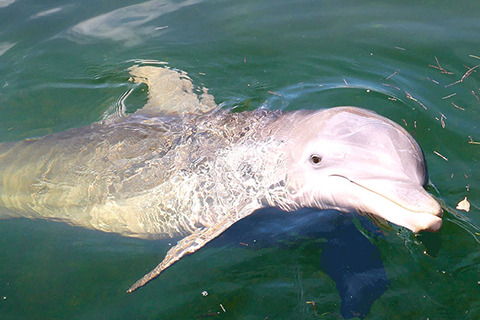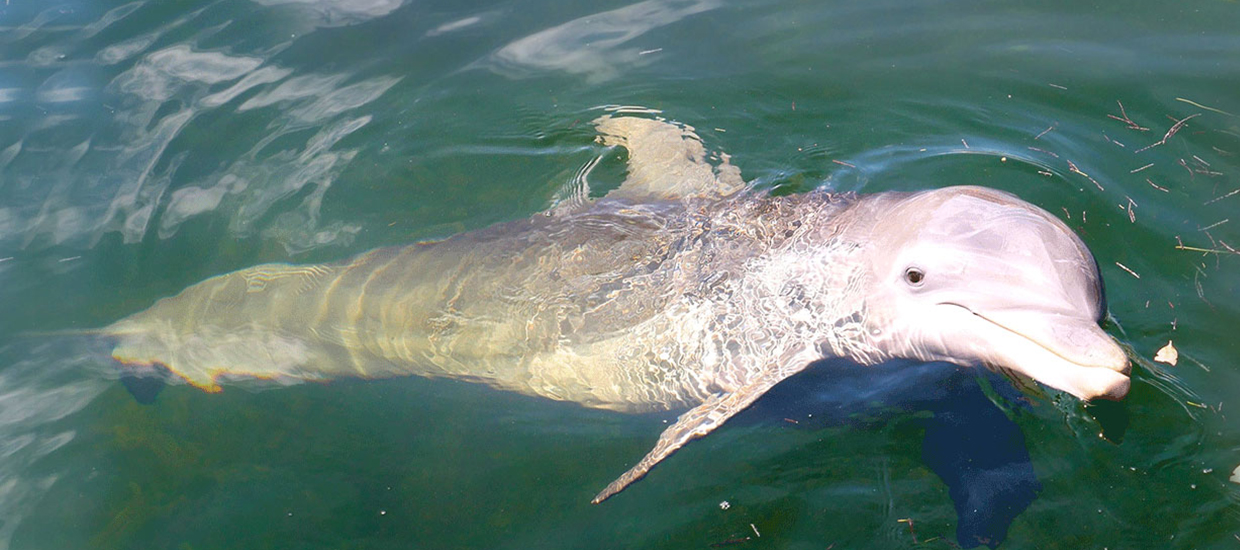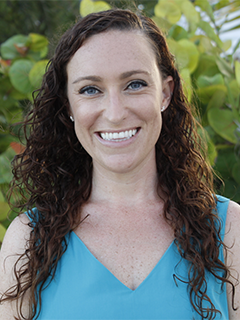Marine mammal conservation has advanced significantly in recent years due to greater understanding of marine mammal biology, behavior, and psychology, and improved diagnostic methods.
The Marine Mammal Science MPS track is one of the select programs in the nation that prepares students for employment in marine mammal management, population assessments, acoustics, and care. Students interact with medical, research, and training experts in our community, as well as conduct an internship at one of our many marine mammal rehabilitation, managed care, or research facilities. As part of the practical training of the curriculum, students have the opportunity to participate in mark-recapture surveys, public education, wild health assessments, behavior analysis and modification studies, clinical care and diagnostics, necropsies, and regional and national conferences.
Prerequisites:
Bachelor’s degree in any field; one year of general biology and labs, one year of general chemistry, at least one semester of calculus, and nine credits in natural science. Research in these fields may, in some cases, substitute for coursework
Course topics:
marine mammal medicine and pathology, medical diagnostics and laboratory analysis, population assessment and management, state and federal regulations, applied ocean acoustics, research education, and applied behavior analysis.
Job titles:
- Director of Marine Science Education
- Stranding Technician
- Marine Mammal Trainer
- Veterinary Technician
- Animal Behavior and Welfare Consultant
- Marine Mammal Biologist






